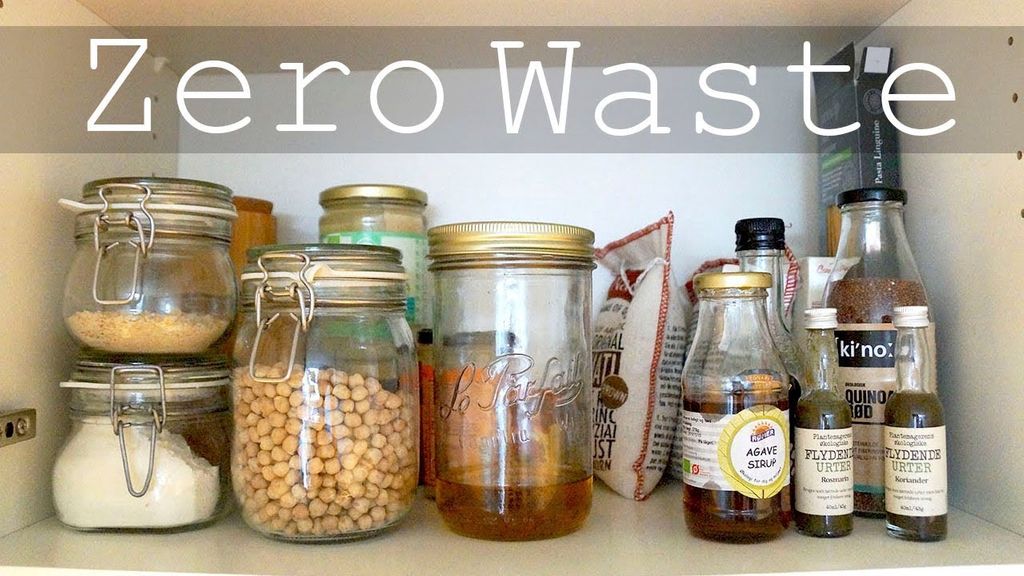Zero Waste- What Is It?
Jun 08, 2019 • 1 view
Zero waste is a design strategy and way of living that mimics ecological systems whereby no waste is generated. For instance, in sustainable farming, the waste food is not thrown away but turned into compost and reused. A zero-waste lifestyle is one that attempts to Reduce, Reuse, Refuse, Rot(compost) and Recycle. Recycling is the last resort because the process consumes a lot of energy.

The importance of Zero Waste Programs
Zero waste is philosophical and design principle. Aiming for zero waste makes us target the manufacturers. Buying things while keeping the factor of Reusability in mind forces the industry to redesign to make them easy to Recycle and Reuse.
A zero-waste approach helps in conserving natural resources and reduces pollution from extraction, manufacturing and disposal. Reducing and Reusing means fewer products would be made and newer products would be designed to last longer. Recycling keeps the waste out of landfills, incinerators and provides manufacturers with recycled instead of aw materials to make new goods.
A zero-waste approach also protects the health of communities by reducing pollution in the air, water and soil.
Most people dislike a landfill in their neighborhood. Unfortunately, we cannot avoid landfill as long as we keep falling into the habit of disposing waste. Although landfills are viewed to be much safer than they were twenty years ago, they are still a poor method of land use as they are a potential source of groundwater contamination. Landfills release Methane and other gases that are not friendly to the environment.
It calls for an enormous amount of energy to make products or materials. When we reuse the product and materials as they are, we save a lot of energies. Tremendous energy saving is brought by using recycled materials instead of using virgin materials in processing and manufacturing.
India is divided into several states. Each state has to provide its residents with waste management services. Different types of waste is generated in different areas. Hence, states require their own recycling policies.
How does it help?
Eliminating packaging reduces the carbon footprint. Less packaging means that landfills fill up slower. Bulk food also streamlines the transportation needed for delivery, helping to reduce CO2 emissions. If not possible, choose cardboard, metal, glass products because they are relatively much easier to Recycle, Reuse.
Composting is an easy way of recycling that involves decomposing everyday kitchen waste into compost. It has the potential to manage most of the organic wastes, farm waste, paper products etc. and can easily be incorporated into any waste management plan.
